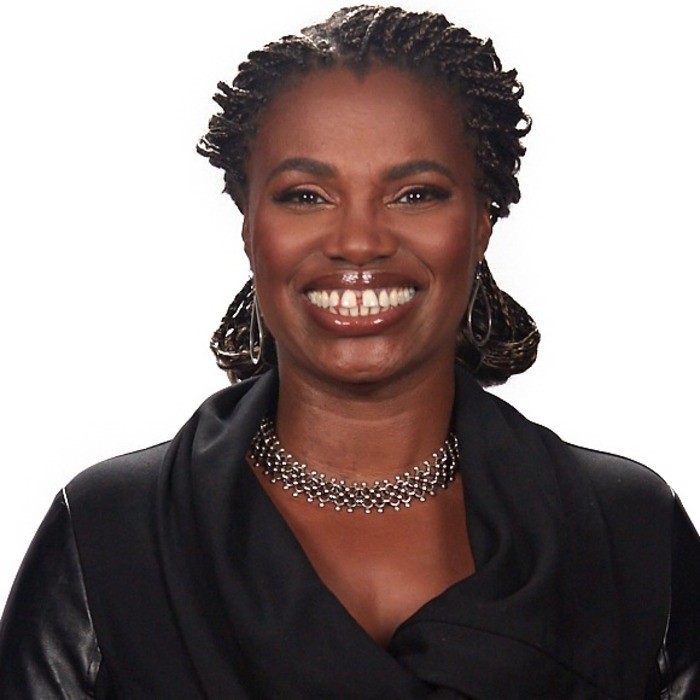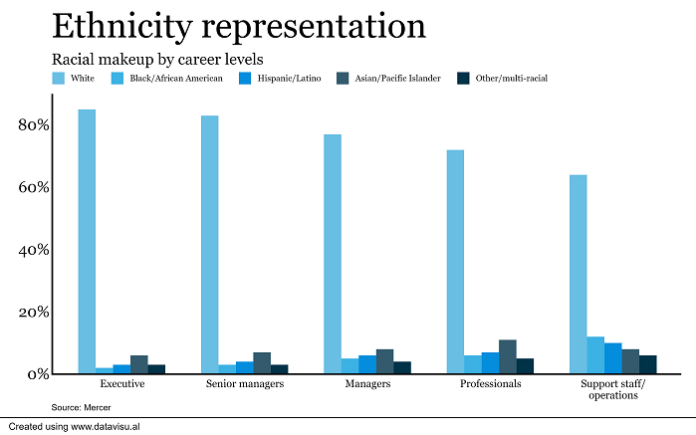Tolonda Tolbert, Ph.D. and co-founder and head of strategy and culture at Eskalera, will give a keynote at this year’s virtual HR Technology Conference and Exposition®.
She recently sat down with Women in HR Tech Conference Chair Jeanne Achille.
*
With two decades of hands-on experience in D&I and culture change, Tolonda Tolbert knows how to put data into action. The co-founder and head of strategy and culture at Eskalera, Tolbert previously served as senior director of the Inclusive Leadership Initiative for Catalyst, partnering with global organizations to build their capacity to create and sustain inclusive workplaces. She has led anti-bias projects at the Anti-Defamation League’s A World of Difference Institute and GLSEN (Gay, Lesbian and Straight Education Network) and has been a faculty member at New York University’s Silver School of Social Work, teaching graduate and faculty courses on diversity, racism, oppression and privilege.
Tolbert was slated to speak at the Women in HR Technology Summit, part of the HR Technology Conference and Exposition®, which recently was announced will be a virtual event, on unconscious bias. As a Black woman who identifies as LGBTQ with a multi-racial family, she has run up against walls and knows they’re not a figment of anyone’s imagination.
Related: Register now for the 2020 virtual HR Technology Conference®
HRE: An inclusive culture requires fostering a sense of belonging so everyone thrives. What measures can leaders take to support all employees–especially during these exceptional times?

Tolbert: First, it’s important for leaders to understand the impact of a non-inclusive environment. Ultimately, when you’re biased, you’re processing talent out of the organization. The impact of that dynamic thwarts innovation and growth. If your employees don’t feel safe and supported, they won’t reach their maximum potential. On an individual level, neuroscience has established that being excluded registers as pain in the brain; we all are seeking acceptance and respect.
The most important measure a leader can take is to build trust with their people. Make employees feel safe to make mistakes without fear of retribution or being thrown under the bus. Create environments where feedback to employees respects different work styles and helps develop the employee rather than tear them down. And actively supporting those for whom the system wasn’t created is important, as well as asking people to participate and being transparent about why inclusion is important.
Related: Are your WFH strategies biased?
HRE: Let’s talk about how AI-based technology can drive diversity and inclusion. What early warning signs can be uncovered before valuable talent exits the workforce?
Tolbert: For early warning signs, technology can provide an ongoing, real-time feedback loop, rather than a once-a-year survey. Nurturing inclusion is a daily process and driving behavior changes can be done by giving people skills, tips and nudges that are integrated into their workday. D&I technology enables us to coach in the flow of work plus get feedback from employees without them having to raise their hand in an uncomfortable or “whistle-blowing” setting. The reality is that people are often more honest on technology with anonymity–it can be more intimate. It enables you to identify hot spots in the organization to focus resources, while also highlighting which parts of your organization have strengths to model.
There’s another aspect that technology can identify and that’s “micro-moments.” Micro-moments have a cumulative effect–I call them death by 1,000 paper cuts–the actions and behaviors that erode a person’s confidence and quality of relationships in the workplace. AI can give you insights into where there is an issue and how to solve the problem.
HRE: How pervasive do you think unconscious bias is, and what can women do about it?
Tolbert: It’s real, and women–women of color even more so–have to navigate it daily. Women need to build influential relationships and strong networks. You need people who can help advise you, run cover for you, mentor you and mediate on your behalf. If a situation is unbearable, your network can help find a solution. By having a really strong network–and continually expanding that network–you create a power dynamic that can mitigate the negative impact of unconscious bias.
In addition to building your network, you also need to develop skills of assertiveness. Part of that includes active listening and standing up for yourself in ways that are not going to exacerbate a situation negatively. Asking for specifics and data are well within reason; when you discuss your career path, demand clear job descriptions that clearly indicate what skills are needed. Put data into action; track your skills and experiences to qualify for leadership opportunities and inform your larger strategy.
Related: How AI is transforming talent management during COVID



